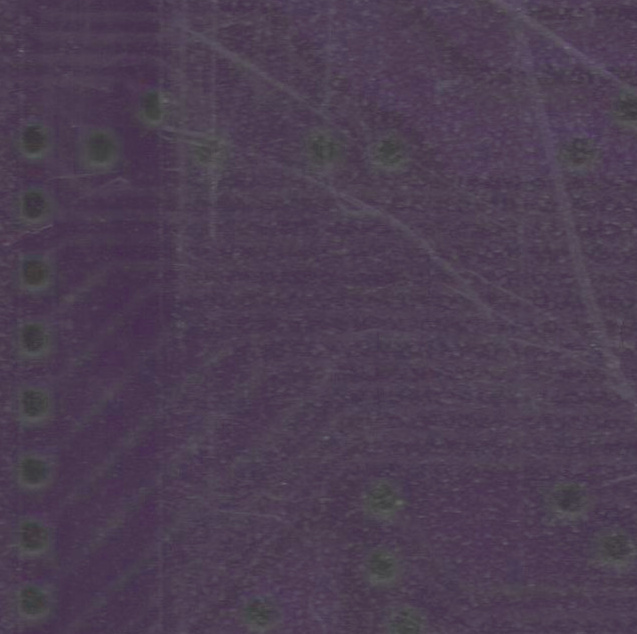

No, it was inaccurate, even at the time. The Famicom was built to cost and and mainly used cheap off-the-shelf components that were already obsolete when the system first released in 1983. The NES released in North America the same year as the Commodore Amiga, a system that actually was cutting edge, and represented a big leap forward in what home computers could do graphically. By the time Mega Man released, the Amiga was on it’s second revision and other home computers were rapidly catching up to it’s capabilities.
While Mega Man was one of the best games on the NES, it ran at the same resolution as every other game on the system, and was stuck working within the same limited color palette and low sprite limit that were more than five years behind the curve when it released.
This shouldn’t be an issue. Nintendo has allowed for carts containing multiple titles for years now. Inserting the cartridge causes all the games on it to appear on the home screen.
The Switch is massively popular. Assuming the cartridge works and sells even somewhat well, we will 100% see games being shared in whatever format it uses. It might take awhile for the Switch’s full back-catalog to be dumped and uploaded in the new format, but popular / recent titles will be circulated within a matter of days. If there’s a way to convert existing XCI / NSP rips to the new format, there are plenty of individuals / groups who will race to get everything converted as quickly as possible.
Assuming the cart is completely transparent to the Switch, which is likely to be the case, then I see no reason why updates wouldn’t download as normal. If Nintendo is able to detect the carts and ban Switches that use them, it may still be possible to access updates by rolling them into the same file as the base game and loading them from the cartridge. Personally, I think the second option is fairly likely, as it’s already possible to do this with NSP rips, and it’s the method that offers the most resistance to whatever countermeasures Nintendo may deploy.